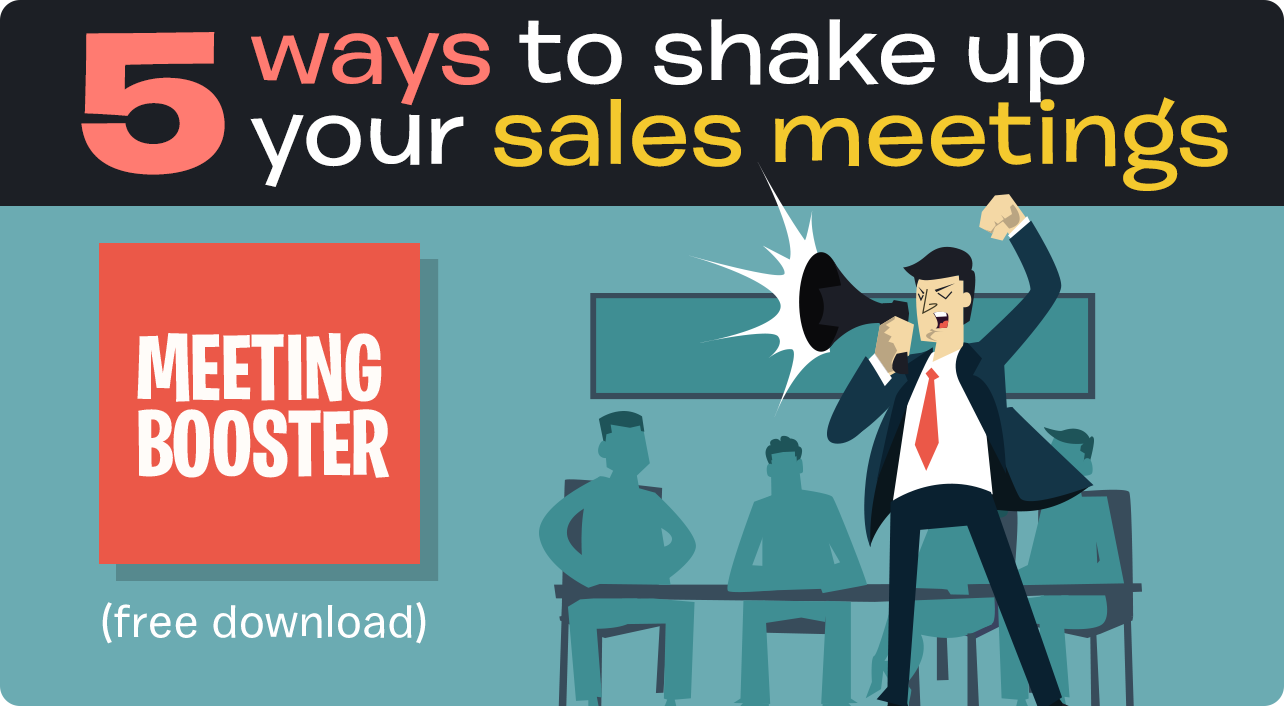- sales
- Blog post
Three seductive myths that may be putting your accounts at risk
We all tend to be under the influence of certain myths about customers and prospects that get us into trouble. Without really having anything solid to go on, we believe things like:
- “They must be happy. They’ve never complained.”
- “I know it’s a low-volume, no-profit account. But sooner or later it’s going to take off.”
- “We’re in there super solid. They couldn’t do business without us.”
Getting to reality
We’ve heard them all. Worse, we’ve thought and believed them all. Separating myth from the reality starts with thinking critically about our customers.
Here are three of the most harmful myths salespeople believe:
MYTH #1: Everything seems fine … so it must be
After losing an account, how many times have salespeople said, “I don’t understand. I thought everything was going great with them. They seemed to like me. And they never said they were unhappy.”
Sure, we “thought” it was going great. But the customer thought otherwise, and we didn’t pick up on the clues that would have told us we were headed for the exit.
Our deliveries were on time, our quality was good, and the Purchasing secretary always smiled when we walked in. But were there signs that we weren’t as prominent a part of the picture as we should be? Were there vendors in the waiting room we hadn’t seen there before? Were there new products under development that they didn’t want to talk to us about?
The truth is, many buyers won’t tell you they’re unhappy. They just stop doing business with you.
And maybe they do like you. But there’s a big difference between being liked and being valued.
Myth #2: Any business is better than no business
“If we can just get in the door, I know we’ll get more business down the road.”
“I know we don’t make much on this account, but it’s better than nothing. And besides, it’s a great name to have on our client list.”
The hard fact is that profitability is the only true measure of a customer’s current value to your company. Also, you must consider the costs of maintaining a low-profit customer. There’s the value of your time, which often doesn’t show up on any ledger sheet. And there are your opportunity costs: If you weren’t stuck servicing a low-profit, high-maintenance account, you could use that time to get more, and better, business.
And if you’re holding onto an account because of bragging rights, or because you think they will lead you to bigger and better buyers, take a hard look at the realities. Has it attracted new business? More often than not, the answer is no.
Myth #3: I know why the customer is with us
We like to think we know why a customer does business with us. But often we don’t want to ask the tough questions. We want to believe that they buy from us because:
- We’re terrific salespeople who consistently add value, or
- We have the very best products in the marketplace, or
- We have great personal relationships that no competitor could upset.
All of that could be true. Or it could be that we prefer a comforting myth, and that the real reason the buyer is with you is because:
- Nobody’s made them a better value proposition – yet – or
- They’re too lazy to shop around – but will happily listen to someone who finds them, or
- They haven’t really thought about it (see Myth #1).
Don’t assume you know. Ask the question, “Why did you decide to do business with us? Why do you continue to do business with us?” Ask not just once, but often. If you know exactly what value you bring to the relationship, then you know how to keep them happy going forward – or fix what’s wrong.
Source: John Graham, president of Graham Communications, www.grahamcomm.com

Get a demo of all our training features
Connect with an expert for a one-on-one demonstration of how BTS Total Access can help develop your team.



